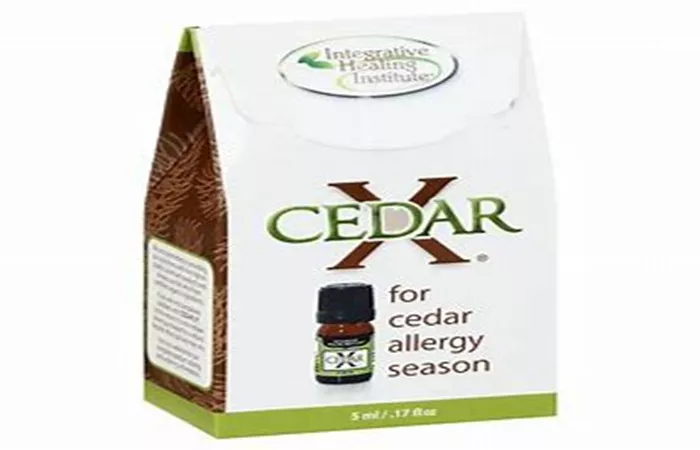Mountain cedar allergies, also known as cedar fever, are a common issue in regions where mountain cedar trees are prevalent, such as Texas and northern Mexico. The pollen from these trees can cause severe allergic reactions, including sneezing, itchy eyes, runny nose, and nasal congestion. Effective management of these symptoms is crucial for improving your quality of life. This article explores the best allergy medicines for mountain cedar, their mechanisms of action, and scientific evidence supporting their use.
7 Best Allergy Medicines for Mountain Cedar
Nasal Corticosteroids
Nasal corticosteroids are highly effective in reducing inflammation and swelling in the nasal passages caused by mountain cedar allergies. These medications can significantly reduce symptoms such as sneezing, congestion, and itchy, watery eyes.
Fluticasone (Flonase)
Form:Nasal spray
Effectiveness:Highly effective in reducing inflammation and congestion.
Safety:Generally safe for long-term use. Side effects may include nosebleeds, headache, and sore throat.
Best For:People with moderate to severe allergy symptoms who need long-term relief.
Antihistamines
Antihistamines work by blocking histamine, a chemical released by the immune system during an allergic reaction. They are effective in managing symptoms like sneezing, itching, and runny nose.
Loratadine (Claritin)
Form:Tablet, chewable tablet
Effectiveness:Effective in managing allergy symptoms.
Safety:Generally non-drowsy and safe for long-term use.
Best For:People with mild to moderate allergy symptoms.
Cetirizine (Zyrtec)
Form:Tablet, liquid
Effectiveness:Effective in managing allergy symptoms.
Safety:May cause mild drowsiness.
Best For:People with moderate to severe allergy symptoms.
Decongestants
Decongestants provide rapid relief from nasal congestion by reducing swelling in the nasal passages. However, they should not be used for more than three days to avoid rebound congestion.
Oxymetazoline (Afrin)
Form:Nasal spray
Effectiveness:Provides quick relief from nasal congestion.
Safety:Should not be used for more than 2-3 days to avoid rebound congestion.
Best For:Short-term relief from severe nasal congestion.
Homeopathic Remedies
Homeopathic remedies are natural alternatives that can provide relief from mountain cedar allergies.
TexaClear Homeopathic Allergy Relief Tablets
Form:Chewable tablets
Effectiveness:Contains over 100 extracts of Texas trees, weeds, and grasses, which help build immunity and reduce symptoms.
Safety:Non-drowsy and safe for long-term use.
Best For:People with mild to moderate allergy symptoms who prefer a natural approach.
Allergena Texas Trees Liquid
Form:Liquid
Effectiveness:Reduces the body’s reaction to tree pollen and other allergens.
Safety:Natural solution with no additives or preservatives.
Best For:People with mild to moderate allergy symptoms who prefer a natural approach.
Herbal Remedies
Herbal remedies can also provide relief from mountain cedar allergies.
WishGarden Herbs Cedar-Free Texas Allergy & Sinus
Form:Liquid herbal extract
Effectiveness:Supports a healthy histamine response and reduces symptoms like sneezing, itchy eyes, and nasal congestion.
Safety:Non-drowsy and free from artificial ingredients.
Best For:People with mild to moderate allergy symptoms who prefer a natural approach.
Conclusion
Managing mountain cedar allergies effectively requires the right choice of medication based on your specific symptoms and needs. Nasal corticosteroids like fluticasone are highly effective for reducing inflammation and congestion. Antihistamines like loratadine and cetirizine provide relief from sneezing, itching, and runny nose. Decongestants like oxymetazoline offer quick relief from nasal congestion but should be used short-term. Homeopathic remedies like TexaClear and Allergena provide natural alternatives for managing symptoms. Always consult with a healthcare provider to determine the best treatment plan for your specific needs. With the right approach, you can manage your mountain cedar allergies and improve your overall comfort.
Relative topics:
Why Am I Very Sensitive to Smells?
Can Antihistamines Help with Asthma?
Asthma or Allergies? What to Know This Season

